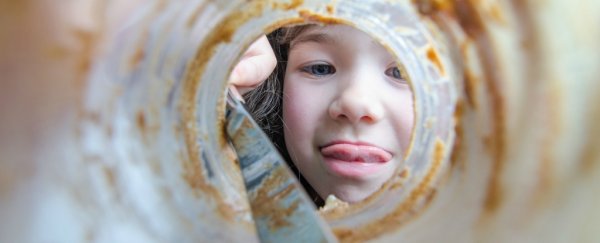A new treatment to help people with peanut allergies survive accidental exposure just moved one step closer to becoming a reality.
Aimmune Therapeutics's AR101 takes something of a The Princess Bride approach to the problem of peanut allergies.
Just like the fictional Westley used repeated exposure to desensitize himself to the poison iocane, AR101 users repeatedly expose themselves to small amounts of their "poison", in this case, peanuts, in order to build a tolerance to it.
For their Phase 3 PALISADE efficacy trial, Aimmune treated 496 children between 4 and 17-years old with severe peanut allergies. Anything more than a tenth of a single peanut was enough to prompt an allergic reaction in these children.
Every day for one year, 372 of the trial participants mixed the contents of an AR101 capsule into their food.
Each capsule contained a precise amount of peanut flour that increased over the course of the first six months of the trial, then remained steady for the remainder of the year. Aimmune gave the remaining 124 participants a placebo.
By the end of the trial, 67 percent of participants that were given AR101 could tolerate at least a 600-milligram dose of peanut protein, which is roughly equivalent to two peanuts or a small bite from a peanut butter sandwich.
Only four percent of participants given the placebo tolerated the same dose.
In order for the Food and Drug Administration to approve a drug, it must statistically best a placebo by 15 percent. AR101 did far better, beating that benchmark with a difference of 53 percent.
In a press release, Aimmune said they plan to submit an application for FDA approval before the end of 2018, with an application for approval in Europe to follow in the first half of 2019.
Peanuts are one of the most common food allergies, and the reaction they can cause in those who are highly allergic can be life-threatening.
Children may not be as diligent as adults at avoiding peanuts, so a drug like AR101 that could decrease the severity of a reaction could give parents added peace of mind when their little ones leave the house.
This article was originally published by Futurism. Read the original article.
